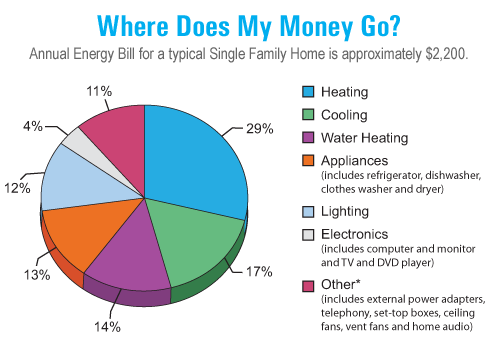 Business travelers rarely notice, but the cities that they typically fly to and rent autos have HUGE taxes on car rentals and hotel rooms. It's a pretty bad government idea that is used everywhere – tax visitors instead of local residents. Get the people who have to come here pay for the schools and roads and policing for those who have to live here…
Business travelers rarely notice, but the cities that they typically fly to and rent autos have HUGE taxes on car rentals and hotel rooms. It's a pretty bad government idea that is used everywhere – tax visitors instead of local residents. Get the people who have to come here pay for the schools and roads and policing for those who have to live here…
A recent business trip to Los Angeles area shows that car rental tax is 11.11% and then 2.5% Tourism Assessment Fee. Yikes! But as a resident of MA, will the Long Beach mayor really take my complaint seriously? Not likely.
But there's a big hole emerging in the fairness of that policy.
Car-sharing users are hurt by this regressive tax, especially when the lifestyle they engender helps the environment. As the service becomes more popular in the U.S., customers of companies such as Zipcar Incorporated (based in Cambridge, Mass.) feel slighted by their local governments. These services also play well in university settings so students don't have to feel compelled to own a car, but can get one when they need it. According to the Wall Street Journal (sub. required) total costs have surged in places such as Pittsburgh, Seattle and Chicago, and many customers are fearing, soon their location as well.
For example in Pittsburgh, a two-hour drive with a car from Zipcar, now costs $22, instead of $18 before. Seattle now $21, before $19. [Avis would rent me their cheapest car for 2 hours in Pittsburgh for $47.59].
There are two issues: is sharing renting? and therefore shouldn't be taxed as a rental, and
is sharing green? and therefore we should be using tax policy to encourage carbon-reducing activity.
Is Sharing Renting?
Yes and no. First of all, only members can rent cars. Rental fees are used to encourage members to keep the cars available for others and use it only as required. Because of this, ZipCars are a rental process, even if they serve markets that the nationals use pricing to signal that they really don't want to service the hourly market.
Is sharing green?
As compared to car ownership? Owning a car is not the carbon producing process – it's the driving of the vehicle – and vehicle renters and vehicle owners drive about the same.
What should ZipCar do?
ZipCar should show how they're serving poor user markets – students, urban poor and the like. They should ask municipalities for tax relief because of the social good they do in terms of keeping owned but rarely used cars off streets and out of the over-crowded urban parking garages. They should urge their customers to write their councilors and make a tax exemption for car sharing services. They should position the alternative of taxing daytime parking downtown to get tax money from the surburban commuter who should be taking public transit.
That's the basis for relief, not some whining about being green, which is not true.











